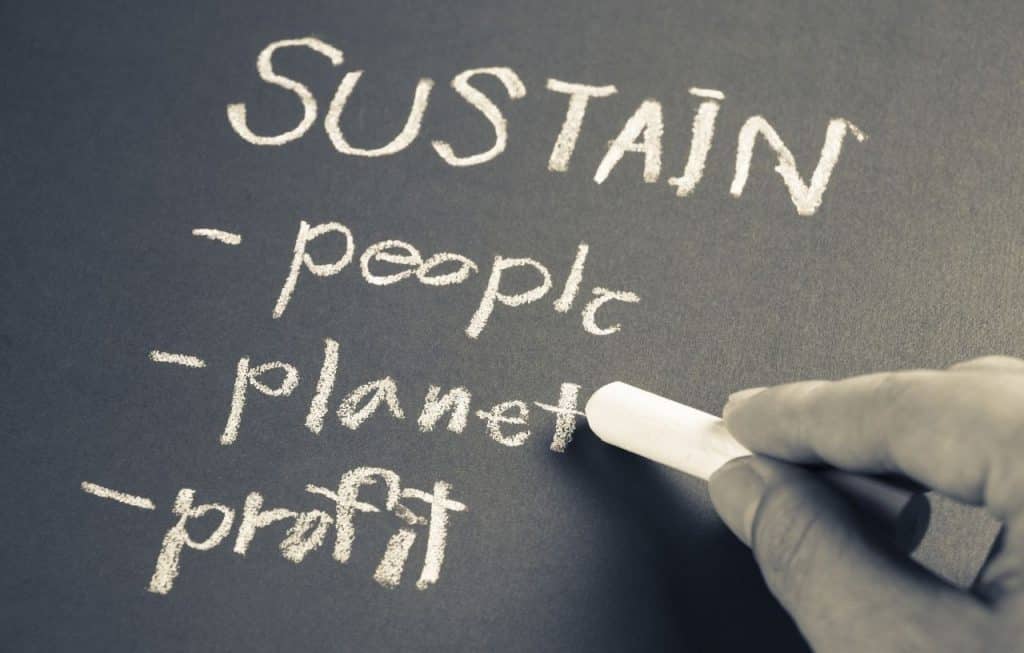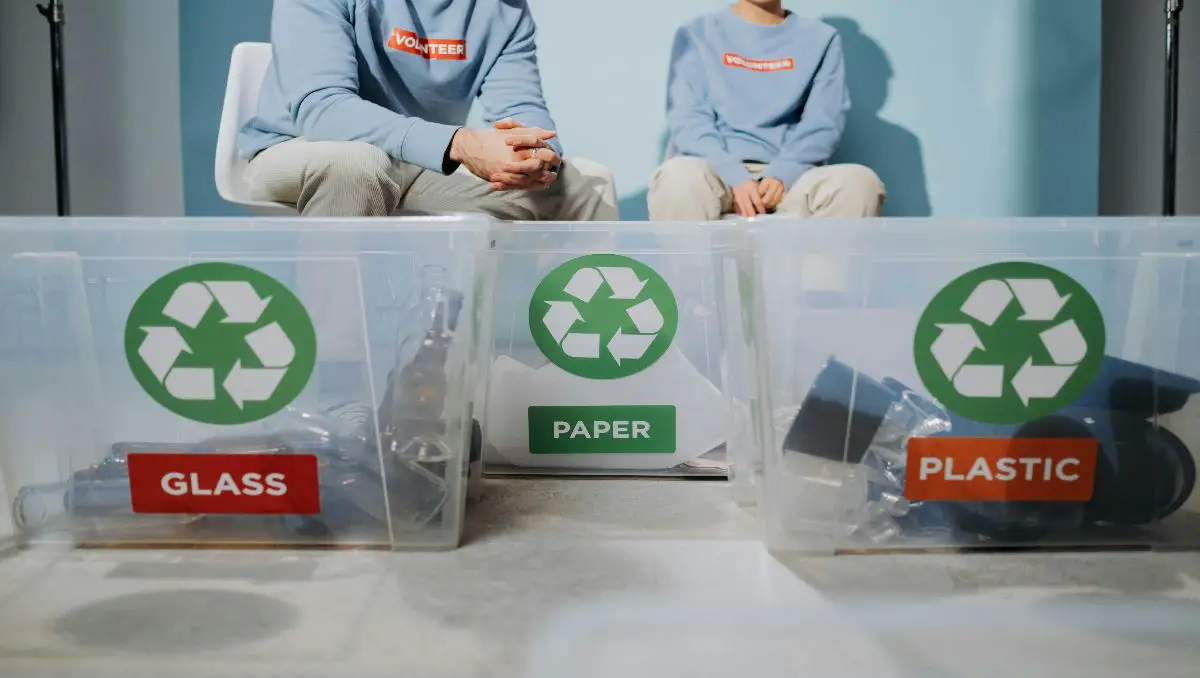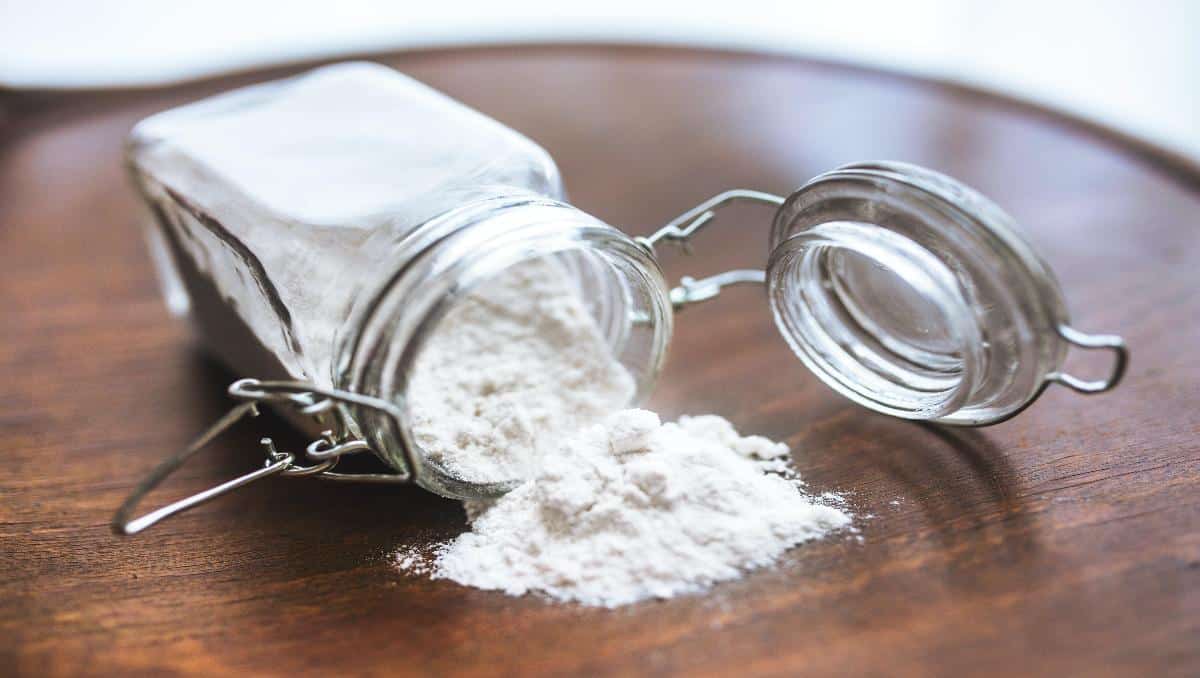Does fashion mean having the latest and most expensive clothing there is? Or does it mean being able to put together stylish articles of clothing even without spending too much?
Better yet, can you be stylish and at the same time environmentally friendly? Of course, you can!
It’s sad to know that for the sake of fashion, some brands risk the safety of our planet. Fur coats? Crocodile-skin bags? In addition to that, textile manufacturing is wreaking havoc on the environment.
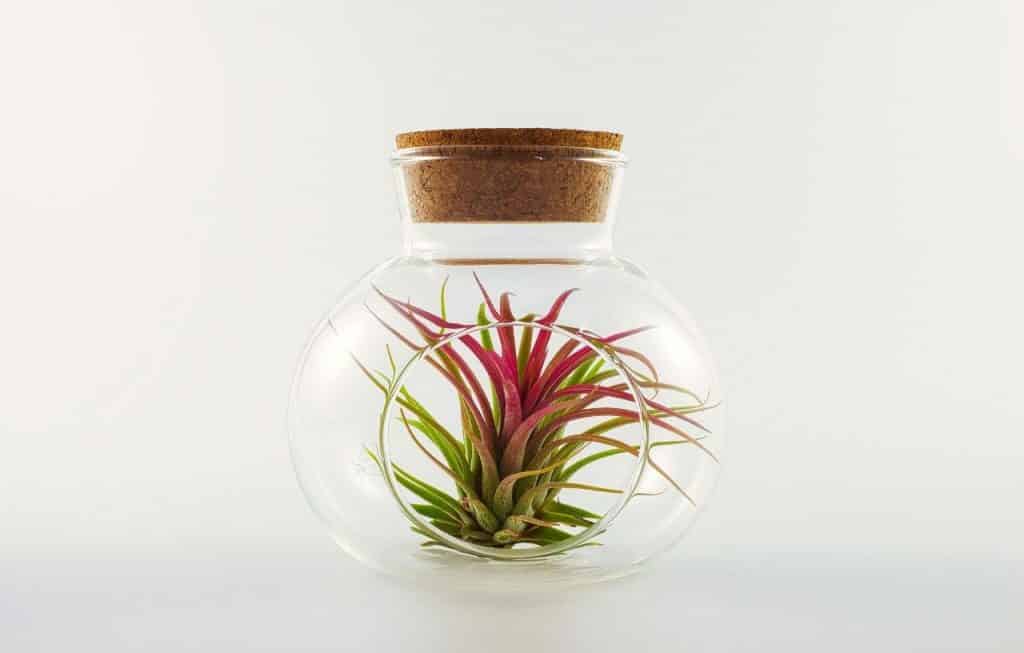
This is not just an issue for fashion districts like New York or Paris, sustainable fashion is a global concern.
Fortunately, many clothing companies and consumers have recognized this social and environmental concern: promoting sustainable brands and ethical clothing.
Here’s everything you need to know about sustainable clothing brands and how you can help as a good human.
What Is Sustainable Fashion And Ethical Fashion?
Sustainable or sustainably-made fashion refers to clothing that is manufactured, designed, distributed in an environmentally friendly process.
On the other hand, ethical fashion refers to clothing made to value worker rights, consumer social welfare, community concern, and takes into consideration the full lifecycle of a product.
Sustainable and ethical fashion goes hand-in-hand because their bottom line is environmental and social awareness.
Not all clothing brands can address all these issues, right now there are five issues that need to be addressed in the clothing industry.
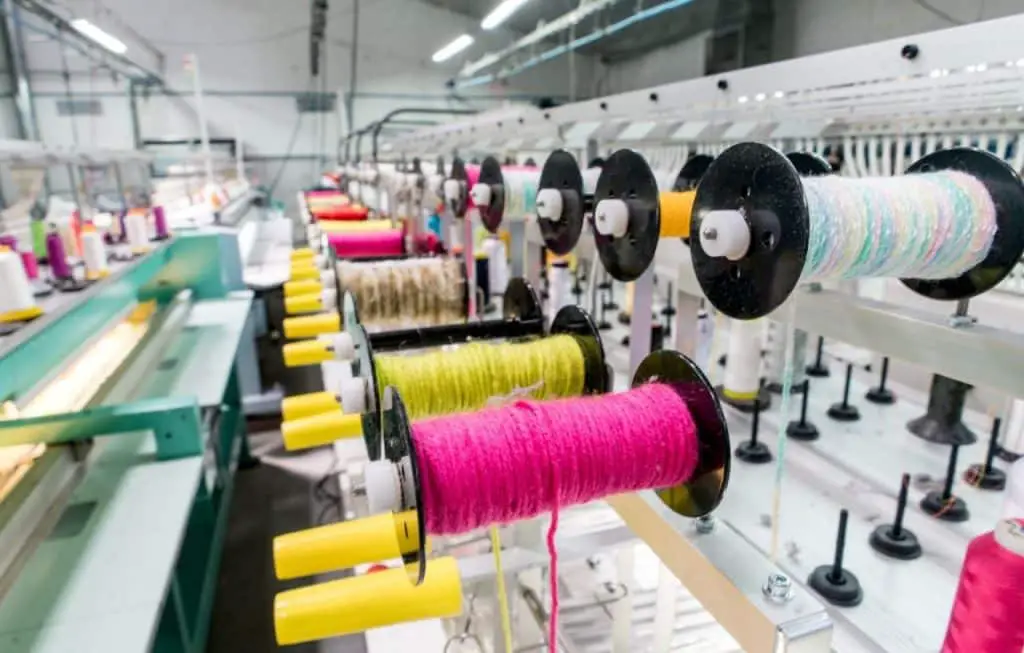
1. Water Usage
Did you know that the clothing industry is the second business in the world that consumes the most water? In textile manufacturing, water is used as a solvent for chemicals, a medium for transferring dyes to the fabric, washing, and rinsing. 25 billion gallons of water is consumed in the fashion industry every year. [1]
There is a shortage of clean drinking water especially in countries like Africa. On top of that, the agriculture sector in some parts of the planet surpasses the daily water usage. Yes, our planet is covered with water, but most of it is polluted or saltwater. Thankfully, some sustainable brands are now looking for ways to cut back on the water supply.
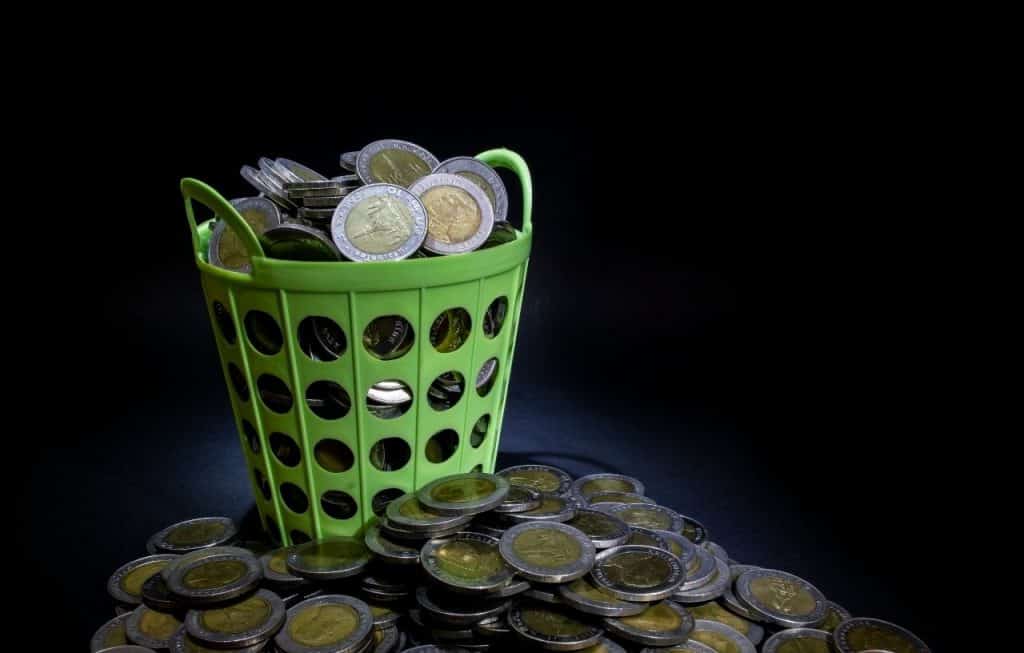
2. Hazardous Chemicals
Many textiles contain hazardous chemicals like formaldehyde, chlorine bleach, volatile organic compounds, ammonia, and many more. In fact, polyfluoroalkyl substances (PFAS) found in clothing are linked to the development of certain diseases. [2]
Research shows the hazardous chemicals used in the production process of textiles can be dangerous especially to the workers, which makes it somehow unethical even to the community living near the factory.
Many sustainable brands are now looking at the supply chains and are coming up with ways to produce water-resistant and wrinkle-resistant clothing without using so many hazardous chemicals.
3. Short Lifecycle
Clothing brands are constantly launching new trends and consumers regularly upgrade their wardrobes, to keep up with the latest style. The ethical goal of a sustainable brand is for a consumer to buy affordable things which they can use longer. Not buy an expensive product and use it once or twice and throw it out.
Clothes should not have a short life cycle because it does not promote sustainability and is not ethical. There are many platforms that address this issue like closet-sharing, garment repairs, selling of used clothing, Goodwill donations, and many more. In the long run, sustainability is promoted by creating durable clothes and evergreen styles that can be used for many years.
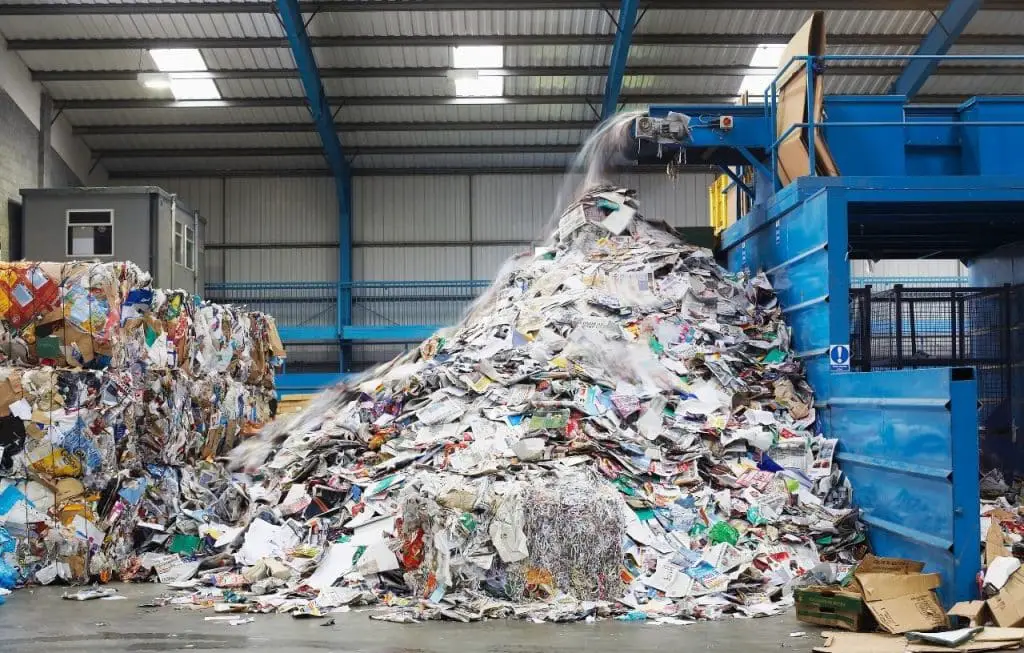
4. Waste
Research shows that the fashion business is one of the most polluting industries in the globe. According to the EPA data, in the U.S, an average person wastes 70 pounds of textile per year. Each year, clothing brands produce 13 million tons of waste each year, of which 95% can be recycled or reused. What a complete waste! [3]
Then there’s more waste produced when clothing is washed. The microplastic fibers shed off and overrun the water supply that is intended for the food chain. In addition, the chemicals used in producing and dying fabrics can harm the environment too.
5. Agriculture
Another sustainability issue surrounding garments is in the agriculture market. Natural fibers like cotton are grown using pesticides that are harmful to the environment, workers, community, and wildlife animals. So the next time you wear that 100% cotton shirt, think of the many farmers and wildlife at stake during the process.
There are other clothing businesses that resort to organic cotton for clothes and linen. This also promoted less water consumption, conventional and ethical growing methods. In addition, further research is conducted on how to manufacture cotton clothing in the most ethical way, without the use of chemicals and dyes.
Supply Chain
Sustainability is important for a fashion business because of consumer’s increasing awareness of being environmentally friendly. If a fashion company aims to advance sustainability, the main goal is to promote a sustainable supply chain.
A clothing supply chain should trace the whole process of manufacturing clothes. From the concept to customer, to manufacturing, to create a product. This includes the sourcing of materials, development, the whole journey up to the store display, up to wearing of the clothes of the consumer.
What Are The Most Sustainable Fabrics In The Fashion Industry?
A sustainable fabric is anything that has been previously used or recycled. Anything that is newly manufactured, regardless of the material, is not a sustainable fabric. One of the most common sustainable fabrics is polyester. In fact, there is clothing available made of recycled water bottles.
Make sure to find labels on the clothing like “100% Recycled Polyester”, because some clothing companies may not have clear transparency and market it as “Partially Made From Recycled Materials”. While not 100% sustainable, clothing with organic fibers that uses less water and chemicals is considered sustainable too. Any fiber produced with ethical sustainability in mind, with lesser wastes produced, the safety of workers, and for the good of the environment is a sustainable brand.
Is a Sustainable Brand In Fashion Affordable?
Yes! A sustainable brand in fashion is affordable. Any article made from recycled materials like water bottles is sustainable and will automatically cost less as compared to buying anything brand new. But this doesn’t necessarily mean shopping at Goodwill, which is okay, but not the only option.
You can support a sustainable brand company that follows ethical practices, aims in saving animals, taking positive steps to sustainability, and takes care of its employee’s health. Not just a company with the interest of gaining profits and not doing their part in taking care of the environment.
Why Most Of Fashion Brands Today Are Not Sustainable
A sustainable brand should have the capability to operate without compromising the quality of life of future generations which means sustainable natural, social and economic resources without destroying the environment.
Unfortunately, not all fashion brands have the goal of sustainability in mind. It’s all about the business profits and luring consumers into buying something they didn’t need in the first place. In today’s clothing industry, ‘fast fashion’ has become dominant. These are clothing initially intended for consumers to buy at cheap prices, misleading consumers that these clothes are disposable. With the concept in mind, “don’t wear anything that’s so last season”.
Fast fashion will never be sustainable fashion. Aside from depleting the Earth’s natural resources at alarming rates, there is the exploitation of workers in poor countries, risking their health and of the community, and overflowing waste as a product of fiber manufacturing.
Why Transparency In Fashion Brands Matters
Transparency in a fashion brand is important and a consumer should be aware of what happens behind the scene. Transparency came to attention when a garment factory in Bangladesh collapsed in 2013, leading to the death and injury of many workers. [4]
The working conditions were very poor and ethical human rights were not respected. The transparency movement called #WhoMadeMyClothes is a step in the right direction, holding fashion brands accountable for the social, environmental, and ethical impacts of their company practices.
Can you fathom the thought of using a $4,000 bag from a fashion tycoon, and knowing how many workers were exploited and treated poorly? Or wearing a fluffy fur coat may boost your status symbol, but an animal had to die?
The U.S. government requires clothing companies to be transparent about their products sold. It must be labeled with the fiber content, the manufacturer, country of origin, and many more. You can do your part by doing your research on which companies follow sustainable and ethical practices.
What Should Consumers Look For In Sustainable Fashion Brands
1. Organic and Low Impact Materials
Consumers should look for fashion brands that use natural, sustainable materials like cotton, hemp, silk, linen, wool, leather, and cellulose fibers. These natural fibers are biodegradable, composites quickly, and do not sit in landfills.
As compared to synthetic fibers like acrylic and nylon that use many harmful chemicals, and decompose after 200 years. Leading to more waste in the landfill, climate change, and leaving more carbon traces. [5]
Pro Tip For Consumers: If possible, look for plant-based fibers with Organic Certifications like GOTS. There is also wool with ethical certifications like ZQ-certified wool. For cellulose fabrics, look for Tencel or Lyocell fibers by the Lenzing Brand. Lenzing is a company that promotes sustainability by innovating environmentally-friendly fibers.
2. Deadstock or Recycled Materials
You can also look for a clothing brand that uses recycled fabrics. Upcycling an existing material is always a good idea rather than creating new clothing. There are too many clothes manufactured every day, and each time there are new clothes, more resources from our planet are utilized. Then what happens? After 1-2 uses, it will just go to waste.
Pro Tip For Consumers: Look for clothing made from recycled fibers like nylon, polyester, and cotton. Also, look for repurposed and deadstock fabric (these are leftover materials in rescued fashion houses before they are thrown away in landfills). Isn’t the true essence of fashion creativity out of the available materials? A fashion brand that can create fashion out of trash does not only promote sustainability and ethical rights but shows its innovative skills.
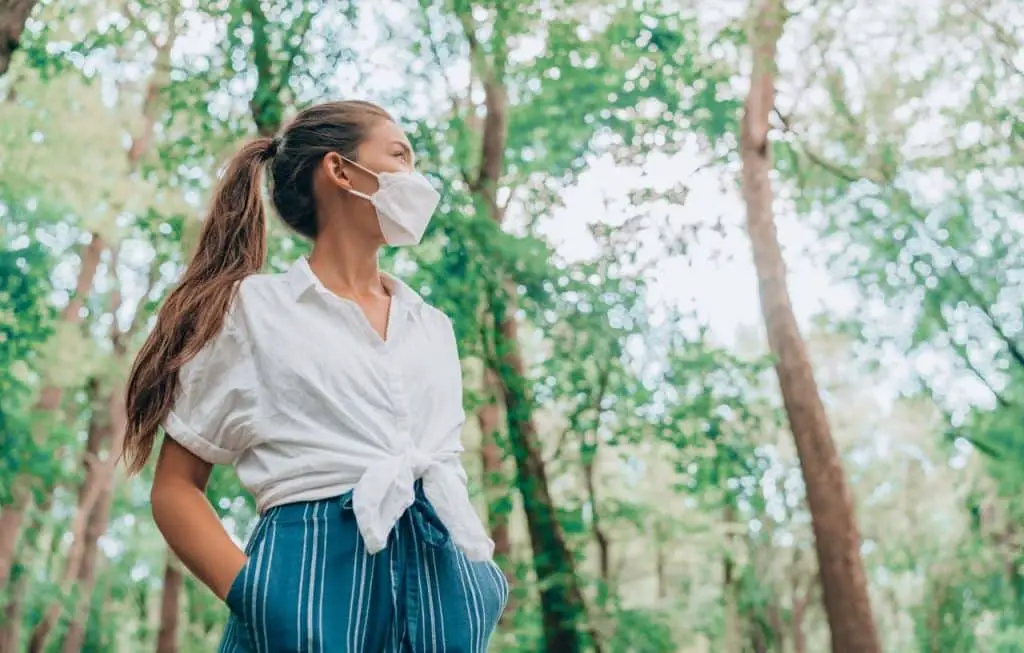
3. Eco-friendly Dyes And Certifications
It’s also important to look for a brand that uses eco-friendly dyes, regardless if it’s a natural or synthetic fiber. Textile manufacturing requires many harmful chemicals and involves enormous amounts of water usage.
Pro Tip For Consumers: Look for a clothing brand that uses natural dyes, plant-based dyes, and is Certified Non-Toxic Dyes. Also, look for OEKO-TEX 100 or Blue Design Certifications.
Other Things to Look For:
- Zero or low waste design
- Locally made clothes, especially the ones made in renewable energy run facilities
- Second hand and durable clothes

Sustainable Fashion Brands You Should Support
As of 2019, there are 7.6 billion people on the planet. If all of us support a company promoting sustainable products, do you know how much positive change we can leave on our planet? Each consumer can help and that is by buying apparel from a sustainable brand. And as you start within yourself, you create a ripple effect that would influence others as well.
What are the top fashion brands that promote sustainability? Here are several brands that you should support:
1. Levi’s
Did you know that the process of growing, manufacturing and dyeing cotton for only one pair of jeans takes up at least 2,000 gallons of water? That is too much for just one pair of jeans. Levi’s, one of the world’s top and best jeans fashion brands focuses on using less water to manufacture jeans.
That is the main goal of their Water<Less Clothing Collection. Levi’s has developed 20+ innovative techniques to use less water in producing jeans. By the end of 2019, 69% of the jeans produced by Levi’s are Water<Less. Instead of using 2,000 gallons of water to produce a pair of jeans, Levi’s only uses one thimble of water. Furthermore, instead of detergent, Levi’s used a bit of ozone. And the result? 96% of water is saved.
As Levi’s is one of the leading denim brands in the industry, their step to promote sustainability has inspired other brands to do the same. Aside from the Water<Less Collection, the company strongly commits to the quality and long life cycles of jeans they produce so they won’t end up in landfills.
2. H&M Conscious
There are wrong impressions that sustainable clothing is expensive. Not with H&M Conscious Collection, for as low as $10, you can invest and support sustainable fashion without breaking the bank. Each item on the H&M Conscious Collection was designed to lessen negative environmental impacts through using organic cotton and encouraging the use of recycled polyester.
Furthermore, H&M encourages the recycling of unwanted clothing. If you have an H&M item that you don’t use, you can return it to the store, in exchange for discounts on buying something new. It doesn’t matter if it has stains, is torn up, or can’t be worn like brand new. You can return them to the store. What does H&M do with these used clothing? They find ways to recycle them so they won’t end up in landfills. This is a brilliant idea that many clothing companies should follow.
So far, their efforts are contributing to great changes in our environment. As of date, H&M uses 57% of sustainably sourced fibers or recycled clothing. By 2030, they aim to reach 100%, which is likely possible as evidenced by their efforts today.
3. Eileen Fisher
Who says luxury brands can’t promote sustainability? Eileen Fisher will prove you wrong! In fact, Eileen Fisher is a leader in a sustainable fashion. They have developed an earth-friendly approach that lets their loyal clientele benefit and patronizes their products even more.
This process was designed in a very detailed manner. It involves meticulous checking of each detail, from the fibers being used, the dyeing process, the finishing touches, and more. During production, Eileen Fisher follows this simple ethical principle: luxury brands promoting sustainable fashion.
Do you know what’s the best thing? When you buy any clothing from Eileen Fisher, you can sell it back to them, for as long as it’s in excellent condition. Then, they will sell it on their site for a lower price. Now that’s what you call recycling in fashion. But don’t worry, even though the clothing is not in good condition you can still sell it in the store. Eileen Fisher will use the fabric in a special kind of art through felting techniques.
4. Polo Ralph Lauren
Another big clothing brand leading the way to sustainable change is Polo Ralph Lauren. Did you know that the Earth Polo (available in men’s and kid’s polo) are made of recycled water bottles? It also uses dyes that do not require too much water during the application process.
With Polo Ralph Lauren’s initiative, the company is estimated to save 170 million plastic bottles to end up in landfills by 2025. Polo Ralph Lauren also continues to publish their sustainability reports and come up with new ideas to become more sustainable for the years to come.
5. Vera Bradley
There are many branded handbags that focus on ethics during handbag production. But Vera Bradleys is different from them all. Vera Bradley has the ReActive Collection which only uses recycled plastic bottles to produce handbags. How cool is that? Vera Bradley has converted millions of plastic water bottles so they won’t end up in landfills.
From their tote bags, backpacks, suitcase, and purses, from their signature prints and neutral colors, Vera Bradly has found ways to convert plastic water bottles into handbag materials. Surprisingly, the recycled polyester fabric is durable, lightweight, water-repellant, and is great for everyday use.
6. Patagonia
When it comes to outdoor brands, Patagonia is popular ethical clothing. This makes sense, they encourage engaging in outdoor activities, so they should do their part in taking care of the outdoors. Patagonia uses as many sustainable materials as it can. On top of that, they ensure their clothes and all gears are of high quality to make sure they last longer and won’t end up in landfills.
Their collections are Bluesign Approved and are Fair Trade Certified. This means that their products are closely monitored from the production to the selling process. This is to make sure the whole process is safe for the environment, the workers in the factory, and of course the consumers. Just like H&M and Eileen Fisher, you can also sell your Patagonia products back to the shop. You can get credits for selling your old clothes and gear.
7. Columbia
Another outdoor brand promoting sustainability is Columbia. They look at the full supply chain to improve sustainability and find ways to innovate recycling in the production process. Their Outdry Eco Jackets are also made from recycled plastic water bottles. In addition, Columbia does not use dyes in manufacturing its clothing. Did you know that one jacket uses at least 24 gallons of water during the dyeing process? That’s a lot of water for just one jacket!
Also, their water-repellant jackets do not use PFC (Poly-Fluorinated Chemicals). PFCs are the commonly used man-made chemicals for waterproof garments and are harmful to the environment. Columbia is also Bluesign Certified, which means it promotes energy efficiency, water-saving, adheres to less waste, and follows strict production requirements for the safety of workers.
8. Stella McCartney
In the fashion industry, when talking about ethical luxury and fashion, Stella McCartney is the first brand that comes to mind. Stella McCartney was launched in 2001 and has become one of the pioneers when it comes to cruelty-free, eco-friendly, ethical, and inclusive fashion.
Ever since Stella McCartney constantly explores and experiments on sustainable textiles and technology. The brand uses organic cotton, regenerated cashmere, ethically sourced wool, and recycled textiles. They discourage the use of fur and leather and resorts to faux materials. In addition, Stella McCartney uses LEDs and solar panels in their stores and for their packaging, they use recyclable materials.
9. Rag & Bone
Rag & Bone by Marcus Wainwright is a sustainable luxury brand that redefines urban style, supporting local businesses, and promoting sustainability. Rag & Bone initially started as a denim label, casual wear, and street fashion.
In 2017, Rag & Bone started the Denim Recycling Project in partnership with Cotton Inc’s Blue Jeans Go Green. The Denim Recycling Project encourages consumers to bring their old jeans for recycling in exchange for a 20% discount when buying new items in the store.
All the used denim is used for recycling and converted into insulation for homes in the US. This turned to be a great project as this insulation is also environmentally friendly and free of toxic chemicals. Also, as compared to the traditional insulation used in homes, the recycled material contains active mildew and mold inhibitors.
10. United By Blue
Another outdoor apparel that promotes sustainability is United by Blue. How do they protect the environment? For every United by Blue apparel sold, the company removes one pound of trash from oceans and seas with their clean-up initiative.
United by Blue aims to do what’s best for the planet and the people, from production until hitting the stores. Each consumer can help in cleaning the oceans by simply buying their products. Now that is something every brand should aim for.
Do Your Part As A Good Human
You can do your part by supporting sustainable fashion brands. Only buy in companies that are ethical and sustainable. Companies that follow ethical practices in taking care of the world and prioritizing the welfare of their workers. We should not be brainwashed by the idea that the latest fashion is a must.
How is being fashionable for a day any good knowing that an animal has to die, or the waste will just go into the landfill? We have to step up and do our part! The next time you go shopping, know the story behind how the clothing was manufactured. Aside from sustainable clothing brands, also support sustainable makeup brands.

